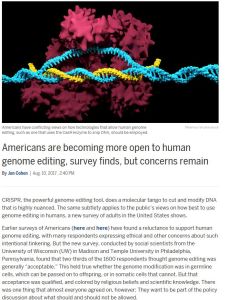
Article
Americans are Becoming More Open to Human Genome Editing, Survey Finds, but Concerns Remain
Science,
2017
Read or listen offline
automatisch generiertes Audio
1×
automatisch generiertes Audio
Recommendation
In 2016, the Pew Research Center reported that 68% of Americans were “somewhat” or “very” concerned about the idea of editing the human genome. More recent research suggests that two thirds of Americans find editing the human genome to be more or less acceptable, though support varied depending on the religiosity of the respondent, as well as the type of gene edited and the reasons for the manipulation. getAbstract recommends this report from Science to readers who are interested in the promise of CRISPR technology and how public opinion influences scientific progress.
Take-Aways
About the Author
Jon Cohen writes for Science magazine. His interests include infectious diseases, immunology, vaccines, public health, primates, and biomedical discovery.









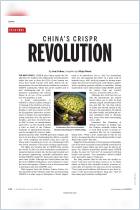



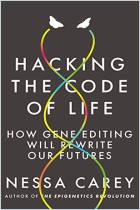
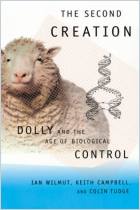
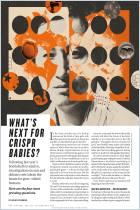




Comment on this summary or Diskussion beginnen